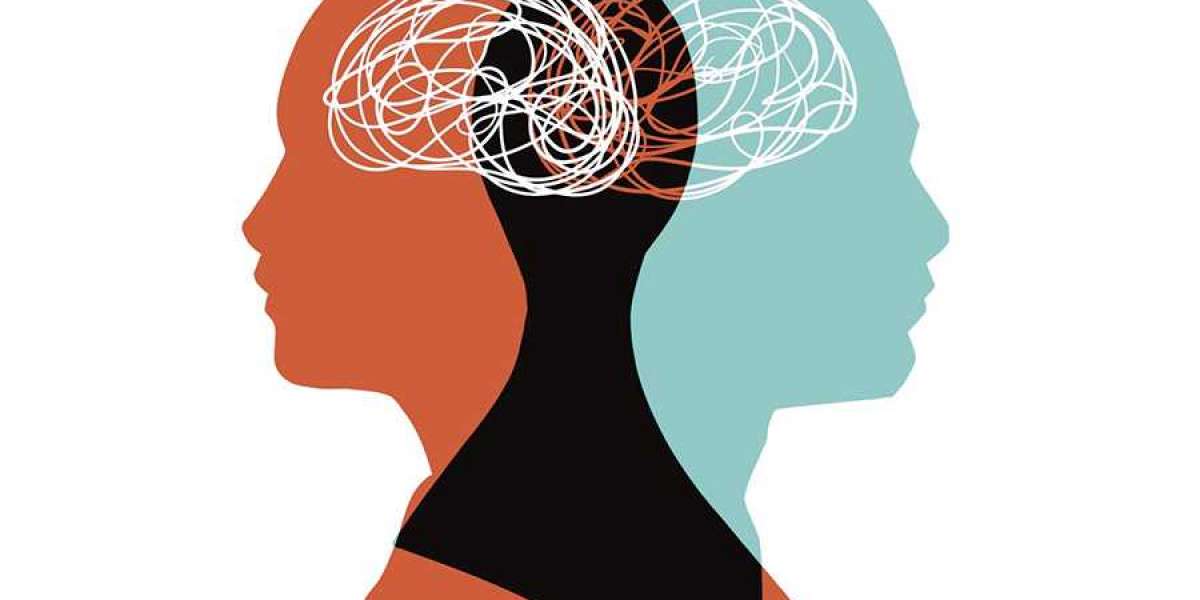Recovery is a journey of self-discovery and process. As such, it's not easy to measure. Models of recovery in mental health and addictions tend to focus on fostering a sense of intrinsic motivation, the most powerful form of motivation. It differs from extrinsic motivation, which is based on a desire for external reward or punishment. While manipulative rewards and punishments may work to change behaviors temporarily, they can often lead back to old habits. By contrast, the person-driven principle focuses on developing an internal drive for recovery.
Recovery is a process
Recovery is a dynamic process of change for people suffering from mental health or addiction issues. It is a path that leads to abstinence and improved health and quality of life. Recovery includes various approaches and involves the development of strengths and talents. It takes place in a context of community and social networks. It is an individual-driven process that encourages self-determination and acceptance of one's strengths and limitations.
In the initial stage of addiction recovery, people must make a conscious decision to stop using substances. Even if they are under the supervision of a court, people in this stage must make a decision to change their lifestyle. Moreover, they must attend support groups and pay attention to their sleep hygiene. Recovery at this stage will also involve counseling to maintain the person's sobriety over a long term.
Recovery is a lifelong process for people with addiction and mental health problems. However, it requires a lot of commitment and ongoing care from the patient. Despite these barriers, treatment is possible for people who are willing to work hard. The goal of recovery is to achieve a healthy, productive life without the use of substances.
Recovery is holistic
Holistic recovery is an approach to mental health and addiction treatment that takes into account the whole person. It focuses on the mental, emotional, spiritual, and physical health of the individual. Modern medicine has made great advances in specialized medicine, with disease-specific treatments and localized surgery saving lives each day. Holistic recovery incorporates all aspects of the person's life and considers their connection to each other.
A holistic approach to mental health and addiction involves evaluating the entire client, including the physical, emotional, social, and spiritual elements. Unlike traditional pharmaceutical treatments, holistic treatments address all of these factors, not just the symptoms of addiction. It also seeks to foster a spiritual connection with the client and provides ongoing coping skills.
Holistic recovery practices include meditation, yoga, and neurochemical vitamin therapy. These practices increase a person's sense of inner peace and helps them manage temptations. Holistic methods also emphasize self-awareness, which is essential to overcoming substance-abuse and staying sober.
Recovery is a voyage of self-discovery
Recovery is a long-term process that requires perseverance and motivation. It is also not something that can be hurried through. During these challenging times, it is critical to seek professional help or reach out to your support network for support. Keep in mind that challenges in recovery are opportunities to learn and grow.
Recovery is an opportunity to learn about yourself and find out what motivates you. Self-reflection practices and meditation can help you reconnect with your true self and eliminate destructive thoughts. The practice can also help you develop healthier relationships. When you are able to connect with yourself, you are more likely to stick with sobriety.
The American Society of Addiction Medicine (ASA) defines recovery as "complete abstinence from psychoactive substances with a good quality of life". In his book, Everett examines the many definitions of recovery and outlines five main elements of a sustained recovery. These include abstinence from mind-altering substances and changes in your life that provide balance and control.
Recovery is hard to measure
There are many different measures used to evaluate recovery from addiction and mental health. Some of them are empirically sound, but others are not. Some studies focus on clinical outcomes, while others emphasize subjective or consumer-focused measures. Although these methods have some merit, they have limitations. Moreover, they may not be sensitive to changes that can occur during the recovery process.
For example, the amount of money someone earns in a year does not accurately reflect how well they are doing in recovery. This can be attributed to the fact that addiction recovery is a highly personal process. While this may seem like a complex process, it is not impossible to measure. Recovery capital is a measure of a person's level of happiness and well-being after a period of substance use.
While defining remission is difficult, it is not impossible. Recovery could be characterized as having reduced or no use of drugs or alcohol. Alternatively, recovery could involve achieving total abstinence.


